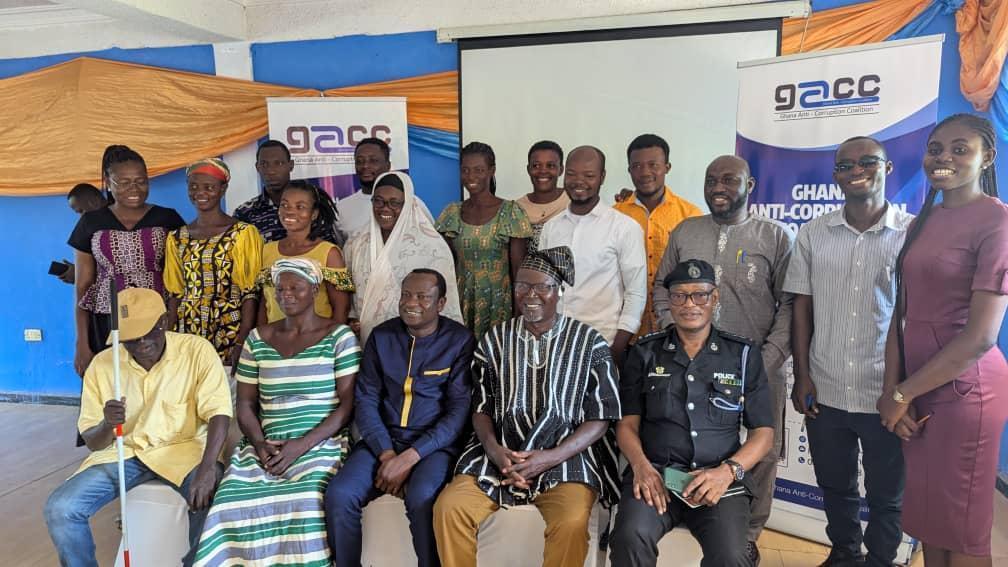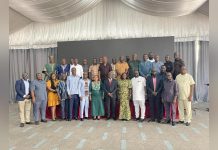Africa-Press – Ghana. The Ghana Anti-Corruption Coalition (GACC) has organised a one-day sensitisation workshop in Navrongo for residents of the Kassena-Nankana municipality.
The programme was part of the coalition’s efforts to ensure that residents understood the mandate of the Office of the Special Prosecutor (OSP) in the fight against corruption and how they could support the efforts.
The workshop was part of the GACC European Union funded project dubbed, “Strengthening the Rule of Law and the Fight against Corruption in Ghana”.
The Office of the Special Prosecutor (OSP) was established under the Office of the Special Prosecutor Act, 2017 (Act 959) to serve as an independent anti-corruption institution with the power to prevent, investigate, and prosecute corruption and corruption-related offences involving public officials, politically exposed persons, and private individuals.
Its creation aligns with Ghana’s commitments under key international conventions, including the United Nations Convention Against Corruption (UNCAC), the African Union Convention on Preventing and Combating Corruption (AUCPCC), and the ECOWAS Protocol on the Fight Against Corruption
To strengthen public awareness and participation in the fight against corruption, the GACC, with support from the European Union through the Deutsche Gesellschaft für Internationale Zusammenarbeit (GIZ), is implementing a public education campaign on the Office of the Special Prosecutor (OSP) Law.
The initiative includes stakeholder forums and media engagements in 60 districts across 16 regions.
These activities aim to promote dialogue, foster collaboration, and build a shared understanding of the OSP’s role in advancing transparency, integrity, and accountability in governance.
Ms Dorcas Affum Tenkorang, the Assistant Programmes Officer of GACC, said government has, in recent years, introduced a series of legal and institutional reforms such as whistleblower act 2006 (act 720), the Witness Protection Act, 2018 (975) and the Office of the Special Prosecutor (OSP) all to fight corruption
She said: “Despite these frameworks, effectiveness remains constrained by low public awareness, mistrust of institutions, and weak engagement at the district level.”
She indicated that the objectives of the project were to enhance the effectiveness of key government agencies in the fight against corruption, encourage participation of civil society including women and children and the media in accountability and policy making.
Ms Tenkorang said the project further aims to increase the use of digitalisation and strengthen collaboration between anti-corruption actors in the criminal justice chain.
She said under the project, GACC was currently organising a multi-stakeholder forum on the OSP mandate, its functions, and operations and other corruption-related subjects at the district level across 60 projects district in the 16 regions of the country.
“It is the expectation of GACC that these project activities will improve public understanding of the OSP mandate and other related anti-corruption frameworks. It will also inspire public willingness to report corruption cases and support the investigation of such cases,” she said.
Participants at the workshop said if the citizens were not well informed about the various ant-corruption laws and what constitute corruption, it was difficult for them to report but if the citizens were well-informed of the ant-corruption laws, they will have the capacity to report suspected corrupt cases to the appropriate authorities.
For More News And Analysis About Ghana Follow Africa-Press







